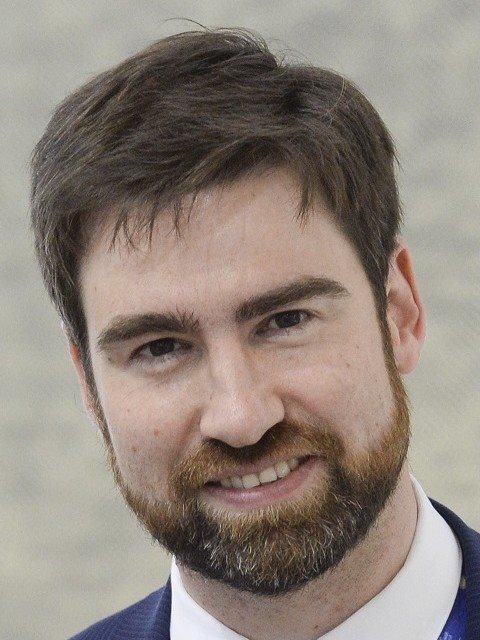A Proactive Immigration Policy as a Tool for Development and Attracting Investment
Over the medium term, the Russian economy is expected to see the size of the working-age population decline by more than 3 million by 2026, with about 400,000 people leaving the workforce every year. At the same time, Russia continues to be a donor of highly skilled workers for economically developed countries. Immigration flows are not fully capable of meeting the needs of the economy, including future needs for skilled and highly skilled professionals. In the long run, unfavourable demographic trends and changes in the structural needs of the labour force impacted by new technologies will increase the imbalance between supply and demand and stimulate new mechanisms to meet the needs of this market. What measures can contribute to accelerated technological renewal and the development of the Russian economy? How can high-performance jobs with decent wages be created? What changes does Russian immigration legislation require to attract highly qualified foreign specialists to the country and retain them on a permanent basis?
Moderator
Frank Schauff,
Chief Executive Officer, Association of European Businesses
Panellists
Kirill Adzinov,
Head of Visa Department, Main Directorate for Migration, Ministry of Internal Affairs of the Russian Federation
Gennady Kamyshnikov,
Managing Partner of Government Relations, Deloitte CIS
Yaroslav Lissovolik,
Senior Managing Director, Head of Analytical Directorate, Sberbank
Gloria Macapagal-Arroyo,
Speaker of the House of Representatives, Congress of the Republic of the Philippines
Ilya Torosov,
Deputy Minister of Economic Development of the Russian Federation
Dmitry Yalov,
Deputy Chairman of the Leningrad Region Government, Chairman of the Committee on Economic Development and Investment Activity











